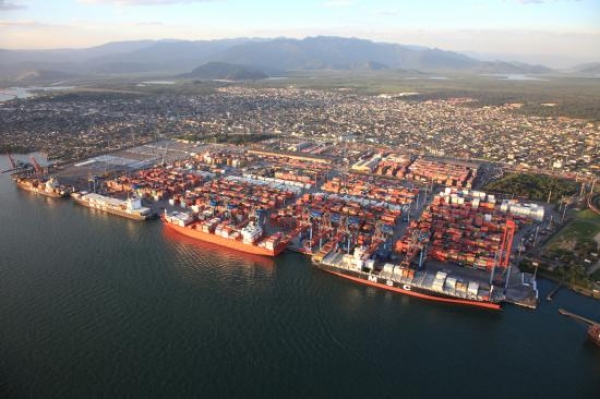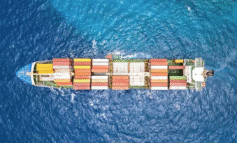With a local market containing 196.7m consumers, a total area of 8.5 million km2 and the seventh largest economy in the world in terms of GDP, Brazil naturally attracts attention from investors from all sectors that are interested in the opportunities in this emerging country.
Recently, it’s the country’s 8,500 km coastline and its ports – responsible for more than 95% of the country’s international trade – that are attracting the attention of international players in the maritime and port logistics sector.
The Brazilian port sector has significant importance for the country’s economy. In 2014, Brazilian exports through its seaports reached 640.54m tons. The most commonly exported products were iron ore, containerised cargo, soybean and sugar. On the imports side, the most representative products were fertilisers, corn, containerised cargo and oil.
Total cargo movement through both public ports and private terminals in 2014 reached 964m tons, an increase of 3.7% over the previous year. Among public ports, most of the cargo moves through Santos (94m tons); Itaguaí (63.8m tons); Paranaguá (41.3m tons) and Rio Grande (22.4m tons). Within the private terminals, the ranking is led by Ponta da Madeira (112.5m tons); Tubarão (109.8m tons) and Almirante Barroso (53.11m tons).
PortEconomics associate member Jonas Constante examines the rising interest in Brazilian ports in a viewpoint article published @ Port Strategy












